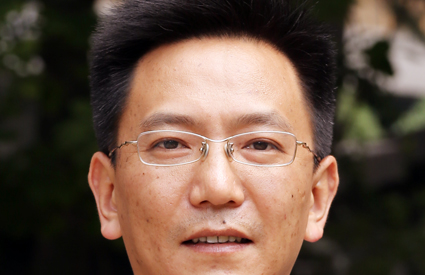XIE TAO:Democracy usually fails in poor states
 In his two most recent books, The Origins of Political Order and Political Order and Political Decay, Fukuyama revised theories of political order and political decay that were originally proposed by his mentor Samuel Huntington in Political Order in Changing Societies.
In his two most recent books, The Origins of Political Order and Political Order and Political Decay, Fukuyama revised theories of political order and political decay that were originally proposed by his mentor Samuel Huntington in Political Order in Changing Societies.
Both Fukuyama and Huntington set great store by state capacity, but a distinct difference between them is that Fukuyama’s political order has two additional components, namely, the rule of law and democratic accountability, while for Huntington, government effectiveness is the sole criterion of a political order.
Fukuyama’s two books complement Huntington’s original analysis in important ways, but in terms of theoretical construction, conceptual innovation and empirical analysis, they pale in comparison to Huntington’s classic study of political order.
First, Fukuyama dedicated a significant portion of his books to the rise of modern states, but his interpretation lacks a coherent theoretical framework. Second, he repeatedly asserts that the ideal political order is one in which the rule of law and state capacity come before democracy, but he also suggests that democracy be established regardless of state capacity or economic development.
Moreover, he largely ignores two questions. First, why are most poor countries undemocratic? Second, why are so many countries haunted by poverty and political chaos after democratic transition?
In a word, Fukuyama has failed to account for the relationship between economic development and democracy. The current consensus among academics is that democracy can be established at any stage of economic development, but only states with a high level of economic development can succeed in democratic consolidation.
Xie Tao is a professor from the School of English and International Studies at Beijing Foreign Studies University.
